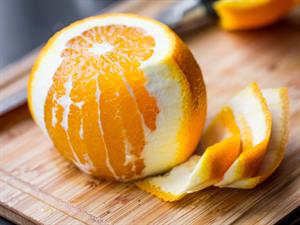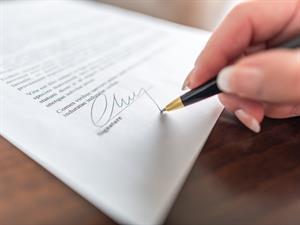PDF chapter test TRY NOW
Study the information about ‘all (the)’, ‘(a/the) whole’, ‘each’ and ‘every’.
1. We use the whole and a whole with singular countable nouns.
The whole film was wonderful.
He ate the whole orange.

We don’t use the whole with plurals or uncountables.
2. Some nouns combine only with all:
He spent all the money.
Some nouns combine only with whole.
You must tell the whole truth.
Some nouns combine with all or whole.
I have waited all my life for such a moment as this.

3. We can use all and a/ the whole with time references: all day, a/ the whole night.
Whole is stronger than all.
4. We seldom use all on its own to mean ‘everyone/ everybody’.
Everyone/everybody wanted Mike’s autograph.
5. All means ‘everyone/ everybody’ when we use other words with it:
All of us/ We all agreed to sign the contract.

6. We can use all and everything with other words to refer to things.
All/ Everything I have belongs to you.
